WEARING MASKS NOW MANDATORY IN SEOUL CITY
입력 2020.08.25 (15:08)
수정 2020.08.25 (16:47)
읽어주기 기능은 크롬기반의
브라우저에서만 사용하실 수 있습니다.
[Anchor Lead]
Masks have become mandatory both indoors and outdoors in Seoul. When a participant of a protest other than the one at Gwanghwamun on August 15th was tested positive for COVID-19, the Seoul city government ordered all other protesters to be tested.
[Pkg]
Starting August 24th, mask-wearing has been made mandatory in Seoul, which notched the highest number of new daily COVID-19 cases recently. Still, some people were spotted without masks or not wearing them properly. Despite the social distancing rule, smokers are clustered together.
[Soundbite] "I wear a mask when I'm walking about. I wish I knew how to smoke with a mask on."
When a person is caught not wearing a mask, except when eating or other inevitable situations, he or she can be fined up to 100,000 won. When a person is found to be infected, disinfection expenses can be requested as well. The guidance period is until October 12th and the regulation applies to people from other areas visiting the capital. This disease control rule must be followed in various establishments including restaurants and movie theaters.
[Soundbite] KIM JI-WOO(SEOUL RESIDENT) : "I made sure through an app that there weren't that many people in the theater. I only chose the movies I can't miss, so I only visited the cinema twice this year."
A one strike and out policy would require even businesses that violated the rule for the first time to close for two weeks. This rule applies to twelve public or multipurpose buildings such as cinemas, private academies, restaurants, and religious facilities. Over the past week, Seoul had a daily average of 130 new COVID-19 cases. As of midnight yesterday, a third of 97 new cases were so-called "untraceable" patients, whose infection routes could not be identified. The Seoul city government assigned 82 epidemiological support members to 25 districts. Meanwhile, one participant of the Korean Confederation of Trade Unions demonstration held at a location other than Gwanghwamun on Independence Day tested positive for COVID-19. Subsequently, the Seoul city government asked all members of the 33 groups that held protests that day to be tested. If protesters do not want to release their personal information, they can simply write their mobile phone numbers to receive free tests. In the meantime, the bus routes which were suspended after three of their drivers became infected resumed normal operation after just one day.
Masks have become mandatory both indoors and outdoors in Seoul. When a participant of a protest other than the one at Gwanghwamun on August 15th was tested positive for COVID-19, the Seoul city government ordered all other protesters to be tested.
[Pkg]
Starting August 24th, mask-wearing has been made mandatory in Seoul, which notched the highest number of new daily COVID-19 cases recently. Still, some people were spotted without masks or not wearing them properly. Despite the social distancing rule, smokers are clustered together.
[Soundbite] "I wear a mask when I'm walking about. I wish I knew how to smoke with a mask on."
When a person is caught not wearing a mask, except when eating or other inevitable situations, he or she can be fined up to 100,000 won. When a person is found to be infected, disinfection expenses can be requested as well. The guidance period is until October 12th and the regulation applies to people from other areas visiting the capital. This disease control rule must be followed in various establishments including restaurants and movie theaters.
[Soundbite] KIM JI-WOO(SEOUL RESIDENT) : "I made sure through an app that there weren't that many people in the theater. I only chose the movies I can't miss, so I only visited the cinema twice this year."
A one strike and out policy would require even businesses that violated the rule for the first time to close for two weeks. This rule applies to twelve public or multipurpose buildings such as cinemas, private academies, restaurants, and religious facilities. Over the past week, Seoul had a daily average of 130 new COVID-19 cases. As of midnight yesterday, a third of 97 new cases were so-called "untraceable" patients, whose infection routes could not be identified. The Seoul city government assigned 82 epidemiological support members to 25 districts. Meanwhile, one participant of the Korean Confederation of Trade Unions demonstration held at a location other than Gwanghwamun on Independence Day tested positive for COVID-19. Subsequently, the Seoul city government asked all members of the 33 groups that held protests that day to be tested. If protesters do not want to release their personal information, they can simply write their mobile phone numbers to receive free tests. In the meantime, the bus routes which were suspended after three of their drivers became infected resumed normal operation after just one day.
■ 제보하기
▷ 카카오톡 : 'KBS제보' 검색, 채널 추가
▷ 전화 : 02-781-1234, 4444
▷ 이메일 : kbs1234@kbs.co.kr
▷ 유튜브, 네이버, 카카오에서도 KBS뉴스를 구독해주세요!
- WEARING MASKS NOW MANDATORY IN SEOUL CITY
-
- 입력 2020-08-25 15:06:14
- 수정2020-08-25 16:47:02
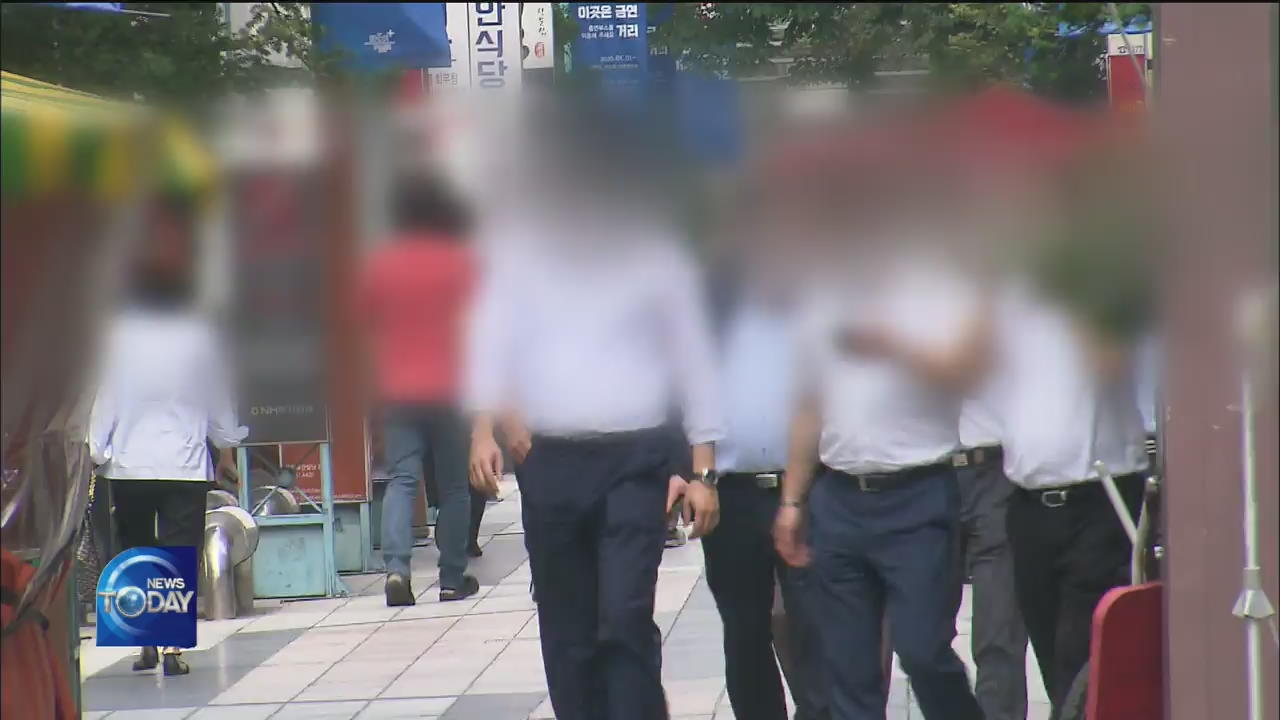
[Anchor Lead]
Masks have become mandatory both indoors and outdoors in Seoul. When a participant of a protest other than the one at Gwanghwamun on August 15th was tested positive for COVID-19, the Seoul city government ordered all other protesters to be tested.
[Pkg]
Starting August 24th, mask-wearing has been made mandatory in Seoul, which notched the highest number of new daily COVID-19 cases recently. Still, some people were spotted without masks or not wearing them properly. Despite the social distancing rule, smokers are clustered together.
[Soundbite] "I wear a mask when I'm walking about. I wish I knew how to smoke with a mask on."
When a person is caught not wearing a mask, except when eating or other inevitable situations, he or she can be fined up to 100,000 won. When a person is found to be infected, disinfection expenses can be requested as well. The guidance period is until October 12th and the regulation applies to people from other areas visiting the capital. This disease control rule must be followed in various establishments including restaurants and movie theaters.
[Soundbite] KIM JI-WOO(SEOUL RESIDENT) : "I made sure through an app that there weren't that many people in the theater. I only chose the movies I can't miss, so I only visited the cinema twice this year."
A one strike and out policy would require even businesses that violated the rule for the first time to close for two weeks. This rule applies to twelve public or multipurpose buildings such as cinemas, private academies, restaurants, and religious facilities. Over the past week, Seoul had a daily average of 130 new COVID-19 cases. As of midnight yesterday, a third of 97 new cases were so-called "untraceable" patients, whose infection routes could not be identified. The Seoul city government assigned 82 epidemiological support members to 25 districts. Meanwhile, one participant of the Korean Confederation of Trade Unions demonstration held at a location other than Gwanghwamun on Independence Day tested positive for COVID-19. Subsequently, the Seoul city government asked all members of the 33 groups that held protests that day to be tested. If protesters do not want to release their personal information, they can simply write their mobile phone numbers to receive free tests. In the meantime, the bus routes which were suspended after three of their drivers became infected resumed normal operation after just one day.
Masks have become mandatory both indoors and outdoors in Seoul. When a participant of a protest other than the one at Gwanghwamun on August 15th was tested positive for COVID-19, the Seoul city government ordered all other protesters to be tested.
[Pkg]
Starting August 24th, mask-wearing has been made mandatory in Seoul, which notched the highest number of new daily COVID-19 cases recently. Still, some people were spotted without masks or not wearing them properly. Despite the social distancing rule, smokers are clustered together.
[Soundbite] "I wear a mask when I'm walking about. I wish I knew how to smoke with a mask on."
When a person is caught not wearing a mask, except when eating or other inevitable situations, he or she can be fined up to 100,000 won. When a person is found to be infected, disinfection expenses can be requested as well. The guidance period is until October 12th and the regulation applies to people from other areas visiting the capital. This disease control rule must be followed in various establishments including restaurants and movie theaters.
[Soundbite] KIM JI-WOO(SEOUL RESIDENT) : "I made sure through an app that there weren't that many people in the theater. I only chose the movies I can't miss, so I only visited the cinema twice this year."
A one strike and out policy would require even businesses that violated the rule for the first time to close for two weeks. This rule applies to twelve public or multipurpose buildings such as cinemas, private academies, restaurants, and religious facilities. Over the past week, Seoul had a daily average of 130 new COVID-19 cases. As of midnight yesterday, a third of 97 new cases were so-called "untraceable" patients, whose infection routes could not be identified. The Seoul city government assigned 82 epidemiological support members to 25 districts. Meanwhile, one participant of the Korean Confederation of Trade Unions demonstration held at a location other than Gwanghwamun on Independence Day tested positive for COVID-19. Subsequently, the Seoul city government asked all members of the 33 groups that held protests that day to be tested. If protesters do not want to release their personal information, they can simply write their mobile phone numbers to receive free tests. In the meantime, the bus routes which were suspended after three of their drivers became infected resumed normal operation after just one day.
이 기사가 좋으셨다면
-
좋아요
0
-
응원해요
0
-
후속 원해요
0










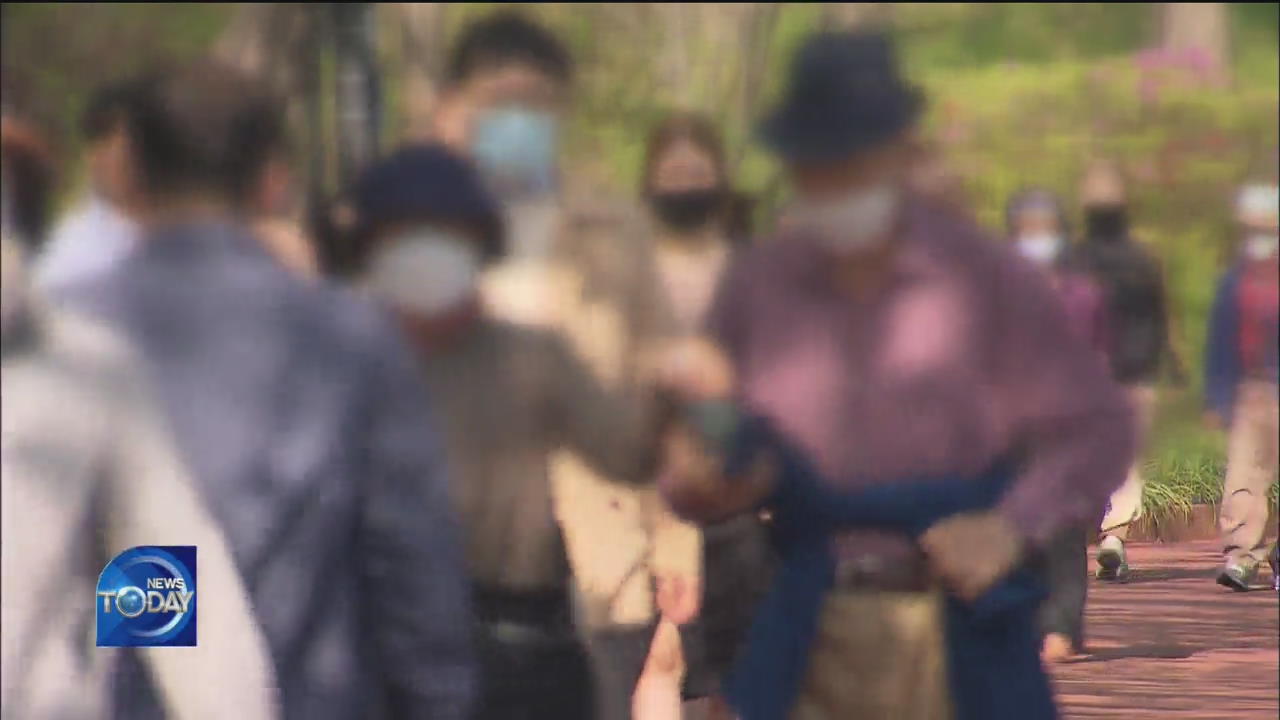
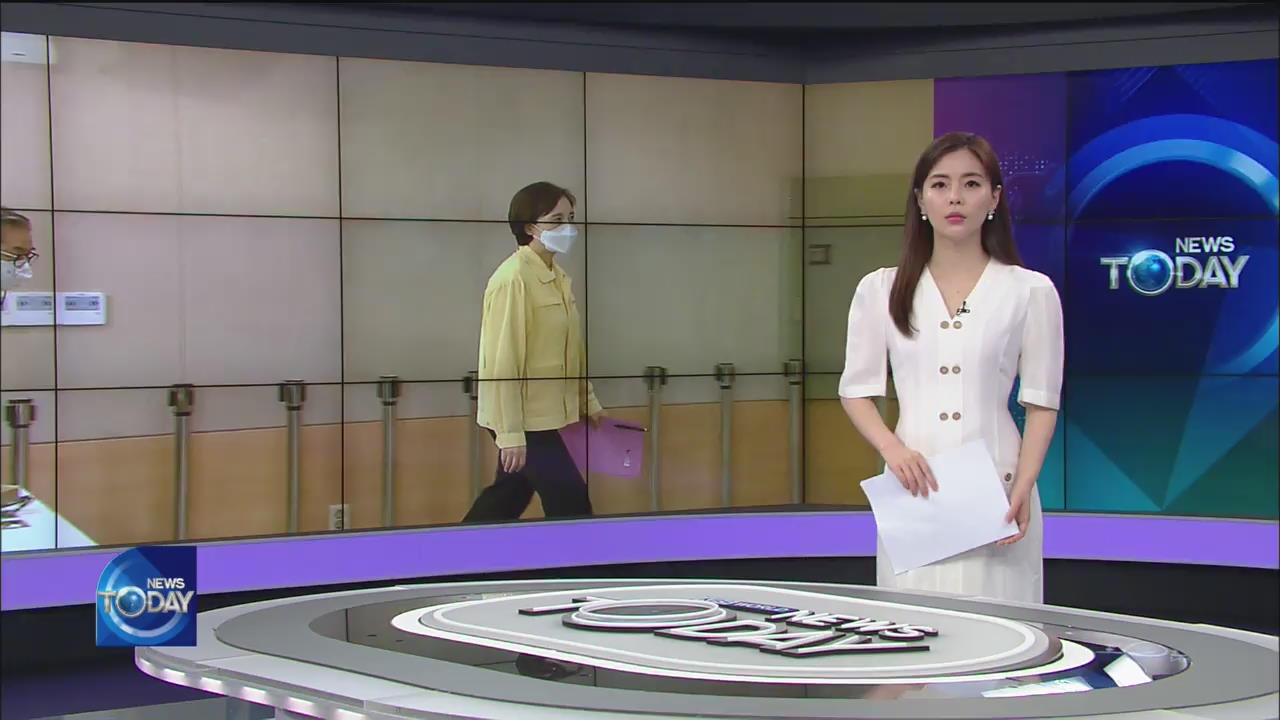
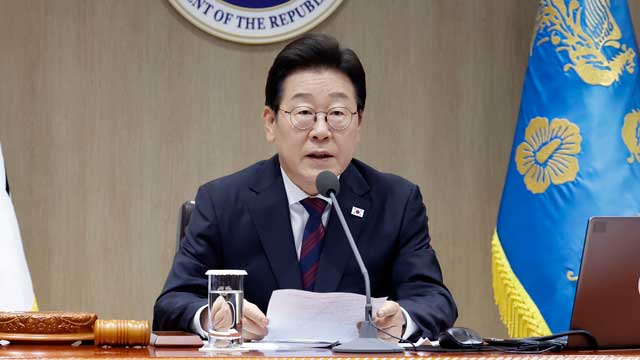
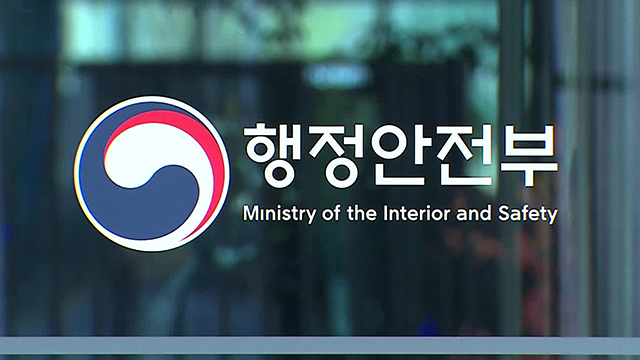
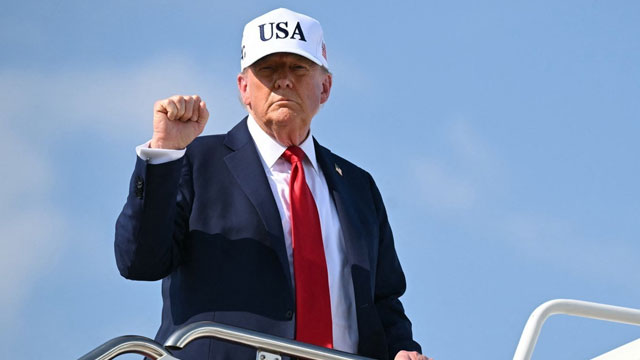
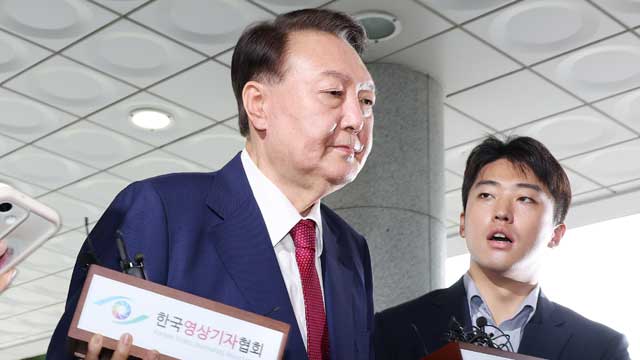

이 기사에 대한 의견을 남겨주세요.